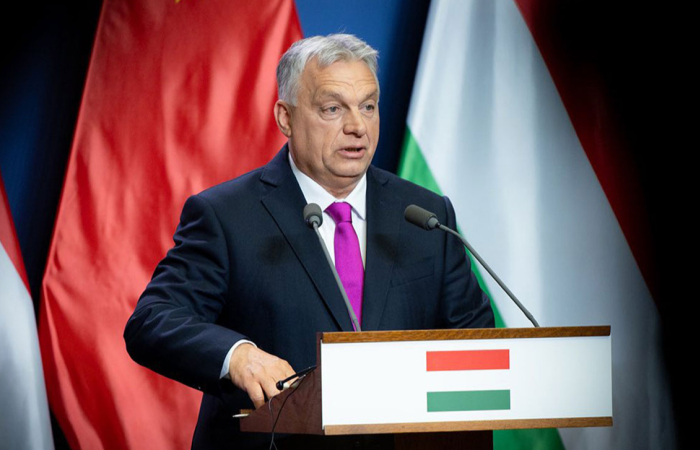The president of Ukraine, Volodymyr Zelensky, on Tuesday (17 December) held talks in Baku with Azerbaijani president Ilham Aliyev at the start of an official visit. This was Zelensky's first official visit to Azerbaijan since becoming president, and both sides took the opportunity to emphasise the importance of the relationship and to highlight each other's support for the principle of territorial integrity.
Speaking at a press conference after the talks, and at an official dinner in the evening the two leaders avoided going into detail, referring to the Nagorno-Karabakh conflict and to the conflict in Eastern Ukraine in general terms. Both leaders emphasised their determination to increase economic co-operation between their two countries.
source; commonspace.eu with agencies
photo: President Aliyev of Azerbaijan and president Zelesnky of Ukraine addressing a press conference in baku on 17 December 2019 (picture courtesy of the press service of the president of Azerbaijan)







